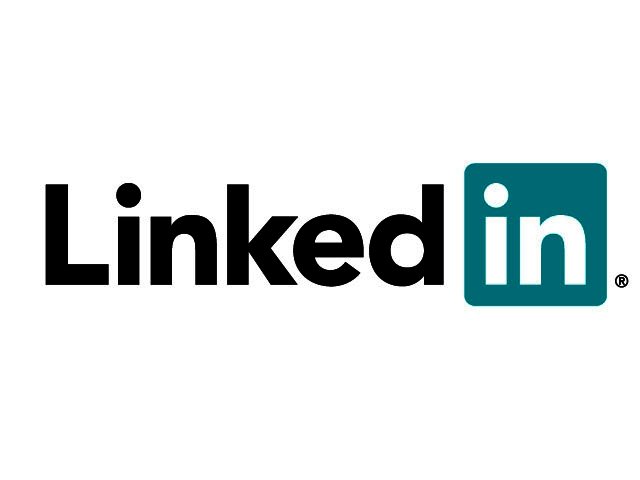PREVIOUS ARTICLENEXT ARTICLE
NEWS

6.5 million LinkedIn passwords stolen
By Ryan Noik 7 June 2012 | Categories: news
Millions of LinkedIn accounts may have been compromised, after it was revealed that a package of 6.5 million encrypted passwords for the social network appeared on a Russian hacker forum.
According to a Norwegian website, Dagensit, the poster had requested help with breaking the encryption on the package. The site further quoted a password expert as warning that the encryption was in a format that was quite easy to crack.
Additionally, he warned that LinkedIn users who may have had their passwords compromised might be vulnerable to identity theft. This is a considerable concern, made more serious by the fact that LinkedIn is used as a social network for professionals, many of which post genuine personal information as they endeavour to advance their careers.
All LikedIn users were therefore advised to change their account passwords immediately. According to the International Business Times, LinkedIn’s comment via Twitter, has only mentioned it was “currently looking into the issue of stolen passwords.” The site further reported that 5% of the stolen passwords have already had their encryption cracked.
Additionally, internet users were warned by F-Secure, a Finnish security company, that there was a strong likelihood we would see email scams urging one to change one’s LinkedIn password, but which would actually link to phishing sites.
A date with disaster?
This is not the only trouble that has plagued LinkedIn of late. The social network came under fire recently for how it uses data in its opt-in calendar feature in its mobile apps. The feature synchronises users’ account with their mobile device’s calendar and shows the LinkedIn profile of people one is about to meet.
In a blog post this week, the company explained that in order to provide its calendar service to those who choose to use it, it needs to send information about calendar events to its servers so it can match people with LinkedIn profiles. However, when it was revealed that complete calendar event, including email addresses of people one was meeting with, meeting subject, location and meeting notes were included in this, concern arose about the meeting notes being vulnerable.
“That information is sent securely over SSL and we never share or store your calendar information,” reassured Joff Redfer, the mobile product head at LinkedIn.
He added that the data contained in the meeting notes were now no longer sent. Additionally, he stressed that the company asks users’ permission before accessing their calendar, and promised that it would provide users with a way to turn off the calendar feature at any time in settings.
To the point
Both the compromise of its passwords, and its calendar sharing problem, raise the same pertinent and troubling issue, namely, how secure is our data on social networks? Could the price that we ultimately pay to be socially connected end up being not just our time or our attention, nor even only our privacy, but our very identity as well?
It’s a troubling thought; we believe though, it is one that social networkers would be wise to bear in mind next time they are posting their private details online.
TAGS:
USER COMMENTS
Most Read Articles
Read

Magazine Online
TechSmart.co.za is South Africa's leading magazine for tech product reviews, tech news, videos, tech specs and gadgets.
Start reading now >
Download latest issue
Have Your Say
What new tech or developments are you most anticipating this year?
New smartphone announcements (45 votes)
Technological breakthroughs (29 votes)
Launch of new consoles, or notebooks (14 votes)
Innovative Artificial Intelligence solutions (29 votes)
Biotechnology or medical advancements (24 votes)
Better business applications (160 votes)



